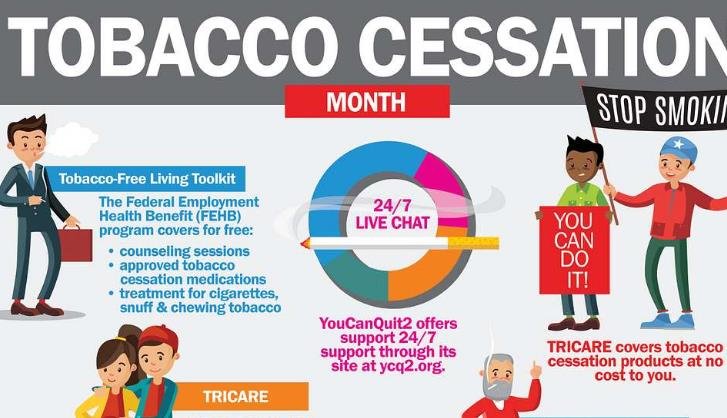The World Health Organization (WHO) has released its first-ever clinical treatment guidelines for tobacco cessation, aimed at helping millions of users quit all forms of tobacco. However, the guidelines notably exclude nicotine pouches, a popular alternative for those seeking to quit smoking. This decision aligns with the Ministry of Health’s stance that these new nicotine delivery products are ineffective and potentially harmful.
The WHO’s new guidelines mark a significant milestone in global tobacco control efforts. They provide a comprehensive framework for countries to support individuals in quitting tobacco. The guidelines recommend a combination of pharmacological treatments and behavioral support to increase the chances of successful cessation. Medications such as varenicline, Nicotine Replacement Therapy (NRT), bupropion, and cytisine are highlighted as effective options.

Behavioral interventions are also emphasized, with brief health worker counseling and more intensive support through individual, group, or phone counseling sessions. Digital interventions, including text messaging, smartphone apps, and internet programs, are recommended as adjuncts or self-management tools. These combined approaches aim to address the diverse needs of tobacco users and provide accessible support.
The exclusion of nicotine pouches from the guidelines reflects ongoing concerns about their safety and efficacy. The WHO and the Ministry of Health argue that these products do not effectively aid in quitting and may pose additional health risks. This decision underscores the importance of evidence-based treatments in tobacco cessation efforts.
Addressing the Global Tobacco Epidemic
The global burden of tobacco use remains a significant public health challenge. According to the WHO, over 60% of the world’s 1.25 billion tobacco users wish to quit, yet 70% lack access to effective cessation services. The new guidelines aim to bridge this gap by providing countries with the tools and strategies needed to support tobacco users in their quit journey.
The guidelines are particularly relevant for low- and middle-income countries, where resources for tobacco cessation are often limited. By recommending cost-effective treatments and interventions, the WHO hopes to make cessation support more accessible to those who need it most. This approach aligns with the broader goal of reducing tobacco-related diseases and improving public health outcomes.
Dr. Tedros Adhanom Ghebreyesus, WHO Director-General, emphasized the significance of the guidelines in the fight against tobacco. He highlighted the need for comprehensive support systems to help individuals overcome addiction and reduce the global burden of tobacco-related diseases. The guidelines represent a crucial step forward in achieving these objectives.
The Role of Behavioral and Pharmacological Interventions
Behavioral and pharmacological interventions play a critical role in tobacco cessation. The WHO guidelines recommend a combination of these approaches to maximize the chances of quitting success. Brief counseling sessions with health workers, lasting between 30 seconds to three minutes, are suggested as a routine part of healthcare settings. More intensive options, such as individual, group, or phone counseling, provide additional support for those who need it.
Pharmacological treatments, including varenicline, NRT, bupropion, and cytisine, are highlighted for their effectiveness in aiding cessation. These medications help reduce withdrawal symptoms and cravings, making it easier for individuals to quit. The guidelines also encourage the use of digital interventions, such as text messaging and smartphone apps, to provide ongoing support and motivation.
The exclusion of nicotine pouches from the guidelines is based on concerns about their safety and efficacy. The WHO and the Ministry of Health argue that these products do not provide the same level of support as evidence-based treatments and may pose additional health risks. This decision reinforces the importance of using proven methods to help individuals quit tobacco.
David Johnson is a respected writer known for his expertise in crafting compelling articles about cannabis. With a passion for exploring the intersection of cannabis, health, and wellness, he sheds light on the therapeutic properties and potential uses of this versatile plant. David’s in-depth analysis and thought-provoking commentary offer readers a deeper understanding of the evolving landscape of cannabis legislation, consumption methods, and industry trends.








